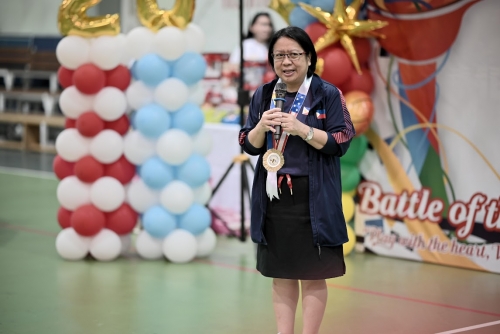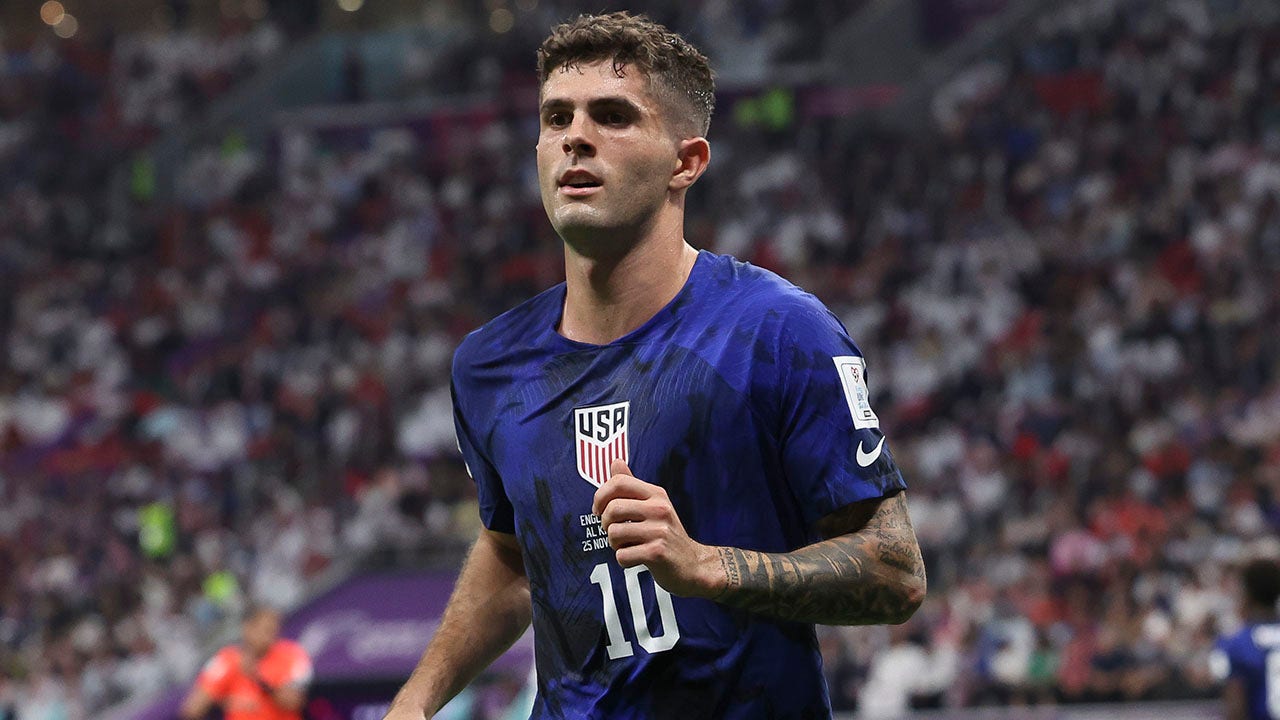Anyone who paid attention to the Aaron Hernandez saga in real time knows that the moments before he was taken out of his North Attleborough home in handcuffs on June 26, 2013 were the last time he was free.
So when episode 9 of “American Sports Story: Aaron Hernandez” opens with the Patriots tight end, played by actor Josh Rivera, being led out of the home he shared with his fiancée, Shayanna Jenkins, viewers know the end — of both Hernandez’s life and the FX series — is near.
The second-to-last installment of the show, which is based on The Boston Globe’s Spotlight series and accompanying podcast, quickly pivots from that scene to Gillette Stadium, where Patriots owner Robert Kraft and coach Bill Belichick seem more concerned with the optics of Hernandez’s arrest than with the fact that one of their players is accused of murdering someone.
“I feel duped, absolutely duped,” Kraft, played by actor Jerry Levine, says to Belichick, played by Norbert Leo Butz. “Do you know how this looks for us? I knew it was a mistake to draft him. He fell to us for a reason.”
Immediately, the Patriots, who overlooked lots of troubling behavior before and after taking Hernandez with the 113th pick in the 2010 NFL draft, begin scrubbing any sign of Hernandez from the stadium and allow their fans to exchange their Hernandez jerseys at no charge. Kraft tells Belichick to address the media the next day.
“And none of the usual [expletive], Bill,” Kraft says. “Put on a clean shirt and don’t mumble. This is important.”
Time is compressed in “American Sports Story.” In the show, Hernandez’s murder trial begins soon after he’s charged with Odin Lloyd’s murder, but, in reality, the trial didn’t get underway until Jan. 9, 2015 — 18 months after his arrest. Jenkins, who’s played by actress Jaylen Barron, is compelled by prosecutors to testify, but when she’s asked what she thought was in the box Hernandez asked her to throw away after Lloyd’s body was discovered, she pauses and says marijuana, not a gun.
Afterward, in the courthouse bathroom, Jenkins tells her mother she couldn’t betray Hernandez.
“I couldn’t do it. I could not leave him. Everyone leaves him. They use him and throw him away — his mother, his family, and the team,” she says. “His body was broken and he was not thinking straight and they still told him to go out there and play. It didn’t matter if he was getting into trouble because he was good and he was bringing in money. I leave and there’s nothing.”
Mark Shanahan can be reached at mark.shanahan@globe.com. Follow him @MarkAShanahan.














